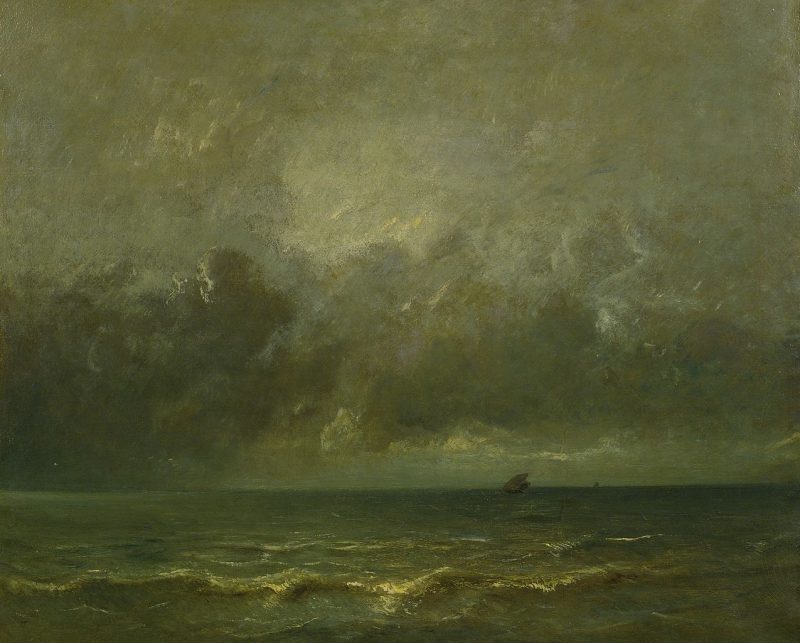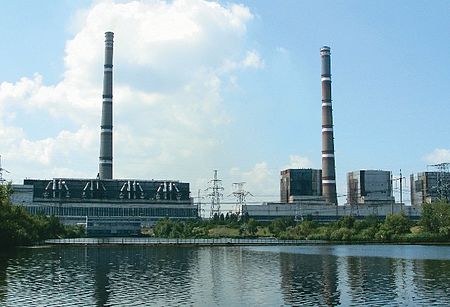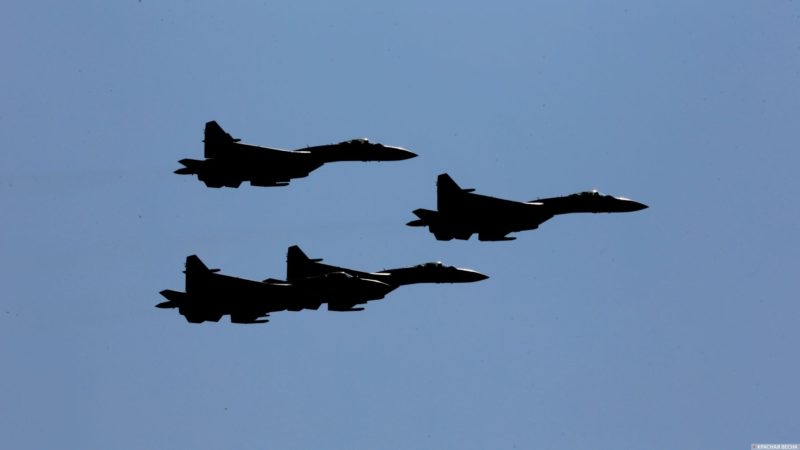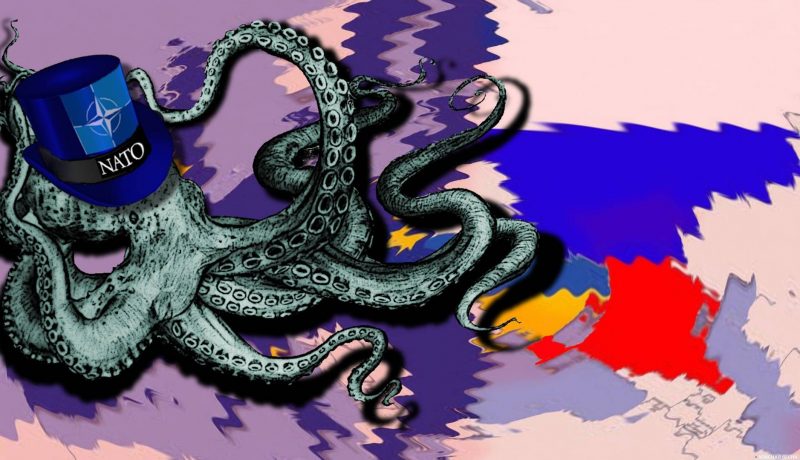13.05.2022, Moscow.
Although Japan’s prime minister refused to go to the inauguration of South Korea’s new president Yoon Suk-yeol, the chief diplomat of the Land of the Rising Sun justified his position and successfully replaced the prime minister at the event.
Also, his stay in Seoul with calls to melt the ice between Seoul and Tokyo that has persisted since World War II in the face of the PRC received a positive response from South Korea’s new leader.
Yoon expressed willingness to improve relations with his island neighbor and urged greater transport links with it.
Japan’s leaders made no secret at all in their rhetoric that improving relations should be based on an anti-Chinese consensus.
It is unlikely that any regime in South Korea would be able to maintain an explicitly anti-Chinese position for any length of time in the event of any military confrontation. This is also true for Taiwan.
At the same time, British Prime Minister Boris Johnson traveled to Sweden and Finland for talks on the security of these two countries.
And his press office is ensuring that the British leader will not try to induce both countries to join NATO more quickly. Johnson is probably doing this to make it clear to everyone that that is why he went there. Finland is not an existential threat to Russia, or South Korea to China.
Both countries can only be useful as cannon fodder or a springboard in the confrontation between “democratic” and “authoritarian” countries (as described by the US politicians).
Obviously, it is in the national interest of these tiny countries to maintain neutrality. But it seems that the island envoys, both in Asia and Europe, have found some way to make the neighbors of Russia and China in the regions forget about their own interests.
One cannot help but think that the words of British Foreign Secretary Liz Truss about the return of geopolitics to the world are not entirely idle talk.
Translated from https://t.me/shotday/273




